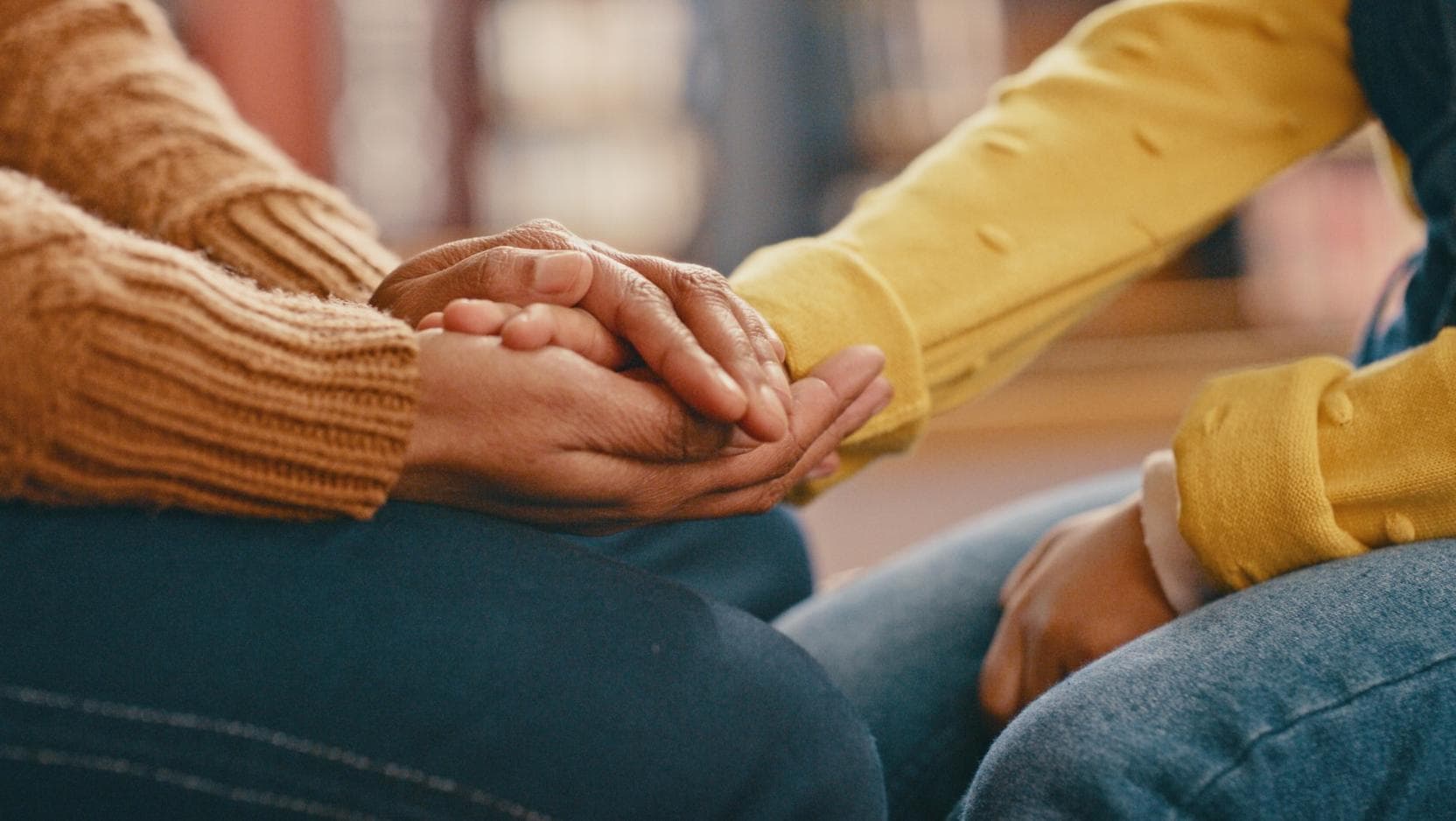How do you cope emotionally with a cancer diagnosis? This UChicago Medicine program can help.

Cancer treatment is physically challenging. For many people, it’s emotionally challenging, too.
Mental health support is important for cancer patients, so the University of Chicago Medicine has a Psychosocial Oncology Program designed to help patients and their loved ones address the emotional, social and psychological challenges associated with cancer diagnosis and treatment.
With in-person and telehealth options available, the program also offers support groups and bereavement counseling.
Here are some common questions we receive about our services.
What emotional support resources are available to me?
Cancer can cause significant distress, which varies depending on factors such as the type of cancer, stage of life and individual coping style.
Through our program, psychosocial oncology providers — including psychologists, clinical social workers, psychiatrists and advanced practice nurses — offer specialized care to support patients through these challenges at every stage of the cancer journey.
How long will the visit last?
Visits with a psychologist or social worker will last between 45 to 60 minutes. Visits with a psychiatrist or advanced practice nurse will last less than 30 minutes.
How many therapy sessions will I need?
The number of therapy sessions will depend on your individual needs and issues. On average, patients meet with a psychosocial oncology provider for about four sessions, but some may need more or fewer.
Will insurance cover these visits?
Most insurance plans provide coverage for psychosocial oncology visits. Before scheduling your appointment, our team will verify your insurance benefits to help you understand your coverage and any out-of-pocket costs.
Will I need medication?
It depends on what you and your doctor or advanced practice nurse decide is best. Some people benefit from psychotropic medication, while others manage well with psychotherapy or other approaches.
Can my family member join a visit?
Yes, family members are welcome to join visits. Including loved ones can be helpful in providing support and improving communication during your care.
Are there also support groups for families of cancer patients?
Yes, we provide psychosocial support for family members who may be struggling. Your loved ones can meet with a member of our team to get the help they need.
What can I expect after treatment ends?
As therapy ends, many people feel more equipped to manage stress, communicate with loved ones and navigate the uncertainty of illness and survivorship. Support is always available if you need to return at any point in your journey.
What if I have questions about my intimate relationships or sexual function?
It’s completely normal to have questions or concerns about intimacy and sexual function after a cancer diagnosis. In fact, studies show that 40% to 100% of cancer survivors experience changes in sexual function following treatment.
These changes can affect individuals and couples emotionally and physically. We offer sex therapy provided by a certified sex therapist. This support is available to individuals and couples, and it can help address issues such as body image, desire, intimacy and communication in relationships.
Should I continue to see my outside therapist?
We may recommend that you continue seeing your outside therapist while also meeting periodically with one of our psychosocial oncology providers. This way, your care is well coordinated and tailored to your needs.
Who will see and have access to my psychosocial oncology notes?
Our psychosocial oncology notes are confidential and sensitive. They are not shared with your oncology providers or outside hospitals unless you provide written permission.
Amy Siston, PhD, CST, is the director of UChicago Medicine’s Psychosocial Oncology Program, a licensed clinical psychologist and an AASECT certified sex therapist.Contact the Supportive Oncology Team
The Supportive Oncology team is available to provide a range of services to cancer patients, caregivers and families, from mental health and nutrition counseling, to answering questions about financial concerns and arranging at-home care.
Contact Us
The Coleman Foundation Supportive Oncology Outpatient Care Suite
5758 S. Maryland Ave.
6th Floor, 6F
Chicago, IL 60637
773-702-8845
